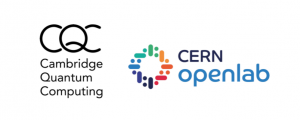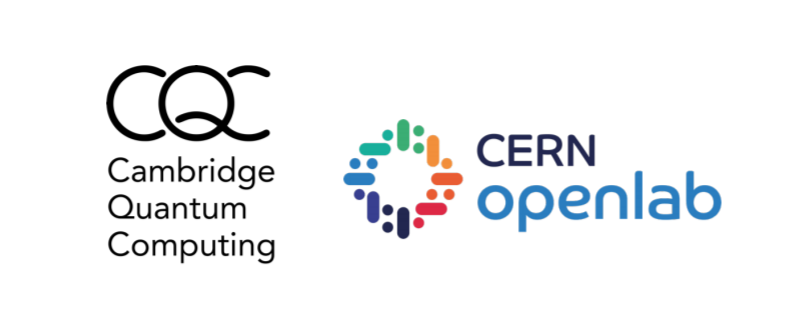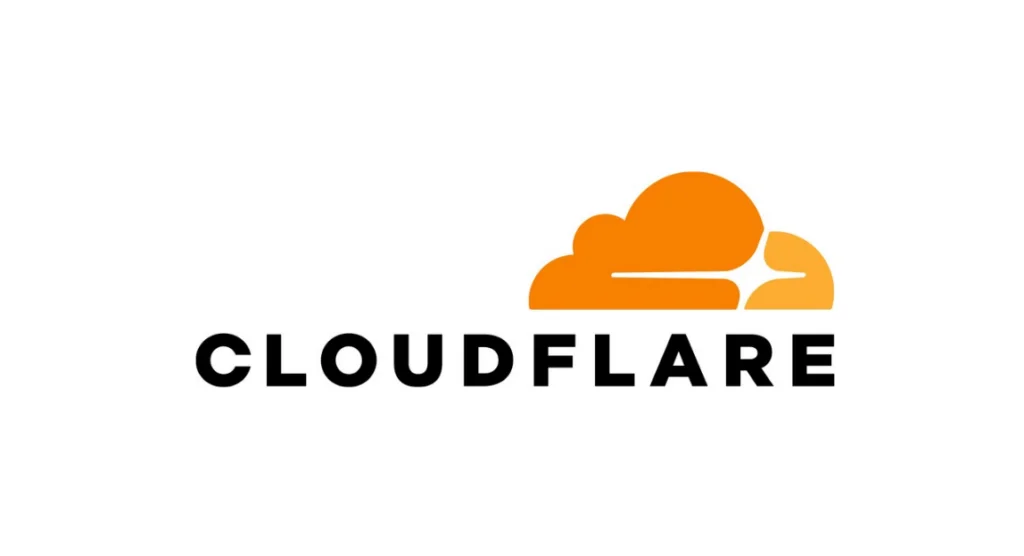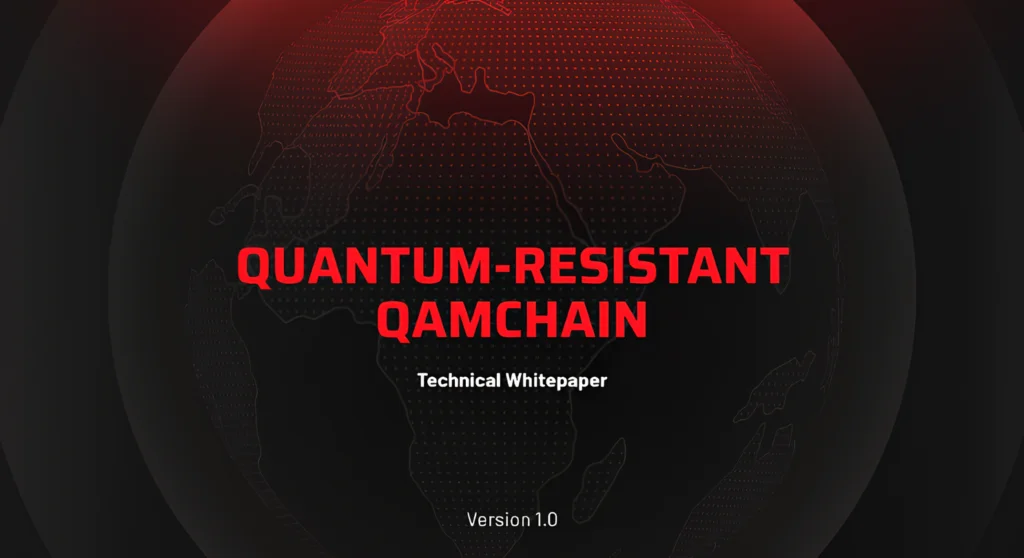
CAMBRIDGE, England — Cambridge Quantum Computing (“CQC”) announced today that it has joined CERN openlab in a collaboration – named the QUATERNION project – to explore the application of quantum technologies to particle physics, according to a company news release.
“We are excited to collaborate with CERN, the European Laboratory for Particle Physics, on this innovative quantum computing based research project,” said Ilyas Khan, Founder and CEO of CQC. “CQC is focussed on using the world’s best science to develop technologies for the coming quantum age. Joining CERN openlab is a special development for any organization and we look forward to developing advances together,” he added.
CQC is a global leader in the quantum industry with a deep commitment to the cultivation of world class scientific research.
The head of CERN said working with CQC is part of an effort to develop public-private partnerships to develop the quantum computing industry.

“Our unique public-private partnership works to accelerate the development of cutting-edge computing technologies for our research community,” said Alberto Di Meglio, the head of CERN openlab. “Quantum computing research is one of the most exciting areas of study today; we are pleased to welcome CQC and their world-class scientists into collaboration with us.”
Researchers at CERN are exploring the potential offered by quantum computers. Their enhanced computational capabilities could help to improve the analysis and classification of their vast data sets, thus helping to push back the boundaries of particle physics. Working in collaboration with major hardware vendors and users of quantum computing, CERN openlab has launched a number of projects in this domain. To this end, the CERN openlab team will leverage the power of t|ket⟩™, CQC’s proprietary quantum development platform.
CQC’s t|ket⟩™ converts machine-independent quantum circuits into executable circuits, crucially reducing the number of required operations whilst optimizing physical qubit arrangements. The architecture-agnostic nature of t|ket⟩™ will help the members of the CERN openlab project team to work across multiple platforms to achieve optimal results even on today’s noisy quantum hardware.
The QUATERNION project will also investigate the application of CQC’s four qubit quantum technology device named Ironbridge™* to CERN’s Monte Carlo methods for data analysis. Such methods are not only a vital component of particle physics research, but are also applicable to many other areas, such as financial and climate modelling. Monte Carlo methods use high-quality entropy sources to simulate and analyze complex data. Using CQC’s IronBridge™ platform, the world’s first commercially available device-independent and quantum-certifiable cryptographic device, the teams will investigate for the first time the effects of certified entropy on Monte Carlo simulations.
About Cambridge Quantum Computing
Cambridge Quantum Computing (CQC) is a world-leading quantum computing software company with over 62 scientists including 37 PhD’s across offices in Cambridge (UK), San Francisco, London and Tokyo. CQC builds tools for the commercialization of quantum technologies that will have a profound global impact. CQC combines expertise in quantum software, specifically a quantum development platform (t|ket⟩™), enterprise applications in the areas of quantum chemistry (EUMEN), quantum machine learning (QML), and quantum augmented cybersecurity (IronBridge™).
For more information about CQC, visit www.cambridgequantum.com















